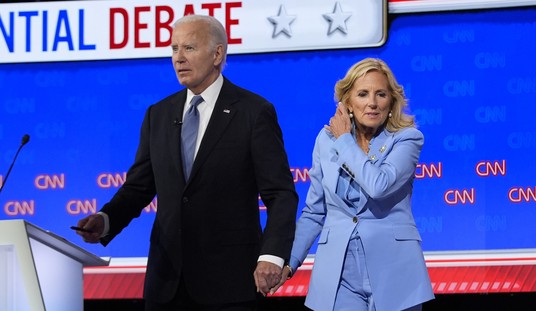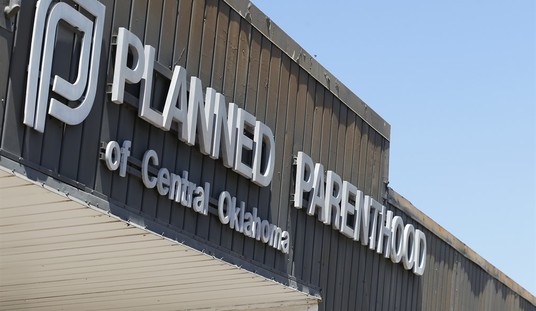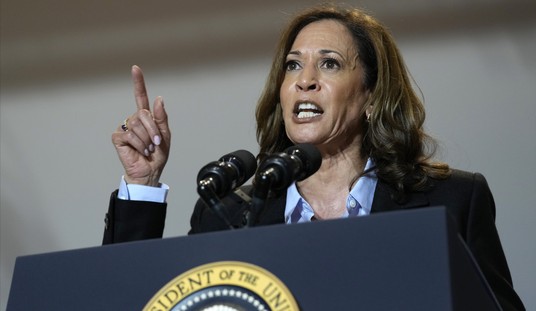Past performance is no guarantee of future results:
[Bill] Clinton intuited that suburban voters are, generally speaking, culturally cosmopolitan – they don’t like it when you call someone “macaca,” and aren’t crazy about the religious right. But they’re generally not particularly socially liberal either, and are fans of “law and order.” They like taxes low and appreciate economic growth, but like good schools and a clean environment. Having to balance a bunch of spending priorities with somewhat limited income in their daily lives, balanced budgets are the ultimate “good government” indicator for these voters.
Clinton delivered on all of these issues, keeping tax increases fairly small, and balancing the budget for much of his term. In so doing – and this is very important – he re-branded the Democrats as the party of fiscal responsibility, economic growth, moderate taxes, and smart government. In other words, he finally shed the “Carter” label for the Democrats. This, in turn, made it plausible for his much more liberal heirs to benefit from this presumption of competence for Democrats – one that they probably would not have enjoyed without him.
George W. Bush’s presidency, in turn, was an upper-middle class suburbanite’s nightmare. An aggressive social agenda, a fiscal trainwreck, two poorly-managed wars and a financial collapse later, these suburban voters trended even more heavily Democratic then they were in the Clinton era. By 2008, Democrats held most of the suburban districts around major metropolitan areas, and were threatening in the exurbs. The right Democratic candidate probably could have put together a massive 2008 Presidential majority, combining minorities, liberals, Jacksonians, Catholics, and suburbanites. The mood of the country was certainly right for a 1920/1932/1952/1980 result.
But the Democrats nominated Barack Obama. The party’s grip among Jacksonians had weakened since Clinton left the stage, but they abandoned Obama completely. Jay Cost and I have detailed this here. This movement is why Obama received 53% of the vote, instead of the 60% or so we might expect given the voters’ attitude toward Bush’s Presidency.
Obama was able to win even without this branch of the Democratic party because he generated such intensity among the remaining portions of his base. In other words, while his base wasn’t as broad as Clinton’s, it was deeper. Faced with vanishing 401ks and home values, and disgust with Bush’s presidency, suburbanites flocked to him. Liberals were enthralled to finally elect one of their own. And minorities turned out heavily for the opportunity to elect the first black President.
But this presents a problem. You only get to elect the first black President once, and governing a coalition of suburbanites, poor blacks, and upper class liberals isn’t easy. It is hard to keep that enthusiasm up. And with the Jacksonian wing of the party gone, if that enthusiasm dissipates, or if one of the coalition groups becomes disgruntled and starts to shuffle out the door, the party isn’t left with much.
— “Can the Clinton Coalition Survive Obama?”, Sean Trende, Real Clear Politics, November 13, 2009.
“The drop in Obama’s approval rating comes entirely among suburbanites,” said CNN Polling Director Keating Holland. “Compared to the October CNN poll, positive views of Obama held steady among people who live in big cities and rural areas. But in the suburbs, his approval rating was 45% a month ago but has dropped to just 37% now.”
The President’s overall job approval rating is down three points since mid-October after being stuck in the mid-40s for several months in CNN polling. But it’s worth noting that Obama’s woes did not begin with the disastrous launch of the HealthCare.gov website in October, Holland pointed out.
“The real damage came in June, when reports about NSA spying and IRS treatment of conservative groups caused an eight-point drop in his approval rating – a far more significant change than what the numbers from October suggest,” he said.
— “Obama approval rating sinks to new low in CNN poll,” CNN.com, yesterday.
On the other hand, “Wouldn’t it be simpler if the Government simply dissolved the people and elected another?”, Bertolt Brecht famously asked in 1953. And not surprisingly, the president, as with all leftists when public opinion goes south, is taking Brecht’s advice to heart.










Join the conversation as a VIP Member